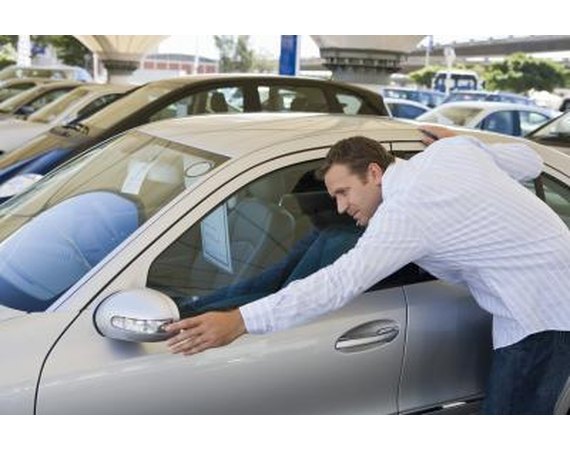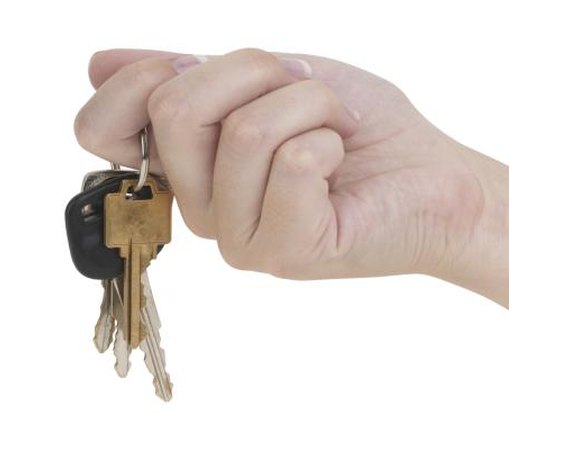
Whether you're selling your car to a stranger or turning it over to a friend, it is possible to transfer your existing car loan to that person along with the vehicle. If the person taking the car decides to arrange for his own financing to pay off your existing loan, the matter is easily solved. On the other hand, you can also request to modify your existing loan with your lender to transfer responsibility for future payments to someone else.
Instructions
- 1
Discuss transferring the auto loan over to the person who will be taking the vehicle. Review the details of the loan with her. Make sure she understands she will become solely responsible for all future payments. Realize that your name and information will be removed from the loan as if you never existed as the borrower.
2Obtain a credit score from the person receiving the vehicle. Verify that his creditworthiness is as good as or better than your own. If his credit score is lower than yours, determine if he can put any cash down to add value to the proposal you will make to your lender.
3Make certain the person also meets the insurance requirements of your loan agreement. Call and ask your lender what the requirements are if you are not certain. Discuss this with the prospective owner and have her correct any insurance coverage shortcomings.
4Contact your auto loan lender and inform it of your desire to sell your vehicle. Let it know you have a prospective buyer. Supply the lender with the person's information and request that it consider transferring the loan.
5Make certain the person taking over the loan signs all necessary paperwork completing the transfer once it's approved by the lender. Request a written statement from your lender confirming that your responsibility for the loan has been met and that your name and information have been removed from the financing documents. File these documents somewhere safe.
























